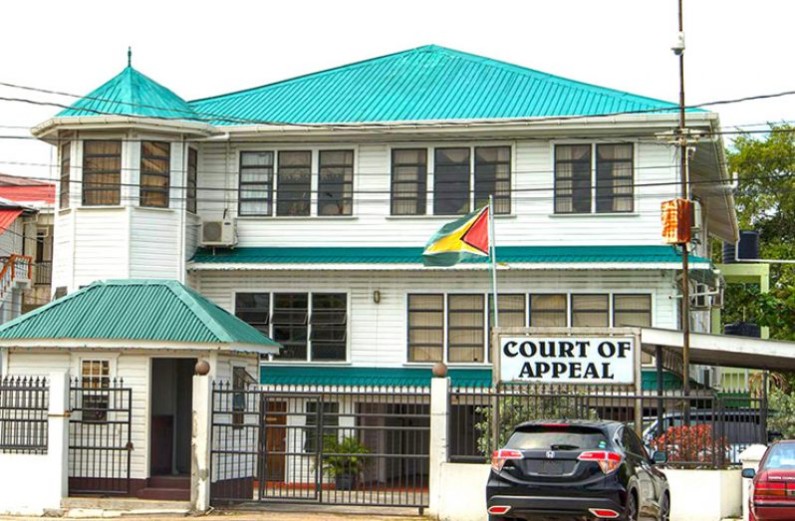
Arguments in the Election Petition appeal case wrapped up today as Attorney for the appellants, Senior Counsel Roysdale Forde told the Court that the Parliament of Guyana is the only institution vested with the power by the Constitution to modify the country’s Electoral Laws. He was making the case against the Recount Order that led to an outcome of the last elections.
In 2020, the Guyana Elections Commission (GECOM) brought Order 60 into effect to facilitate a national recount of the votes cast at the March 2 Elections, and in doing so, the Commission relied on the Election Laws (Amendment) Act.
But today, Mr. Forde told the Appellate Court that Section 22 of the Act conflicts with the Constitution, and is therefore unconstitutional.
“We submit that the conferral of such power on GECOM; the power to issue orders to modify Electoral Laws, where in the opinion of GECOM there is a difficulty in the application of electoral laws constitute an abdication of part or portion of the constitutional authority conferred on the Parliament of Guyana by the Constitution to pass laws in accordance with Articles 65 and 170 in respect of the Electoral System,” the Senior Counsel argued.
He told the panel of judges led by the acting Chancellor of the Judiciary, Justice Yonette Cummings that it is the function and responsibility of the Parliament to formulate legislative policy and not GECOM.
At the level of the High Court, the Election Petition, filed by Claudette Thorne and Heston Bostwick – was dismissed by the Chief Justice (ag) Roxane George on the grounds that there was nothing unconstitutional about Section 22 of the Election Laws (Amendment) Act and or Order 60.
But Mr Forde, who appeared together with Attorney-at-Law Selwyn Pieters for the appellants, told the Appeal Court that Section 22 constitutes the unconstitutional divestment of a plenary legislative power vested in Parliament.
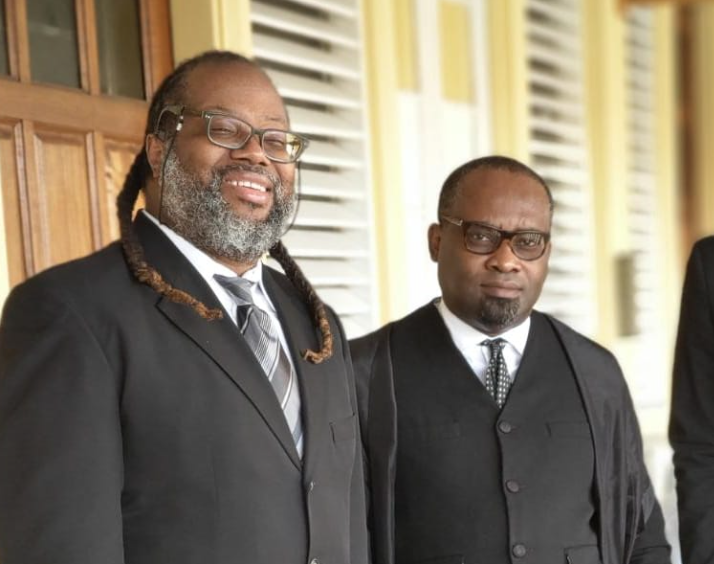
He said as such, the conferral of the plenary legislative power on the Elections Commission is unconstitutional.
“It is our submission that Article 160 (3) (a) (4) of the Constitution provides that Parliament by our Constitution is conferred with the authority and an exclusive authority to enact legislation if it so desires to determine the manner in which the election shall be held,” he submitted.
Forde argued that Article 160 (3) (a) (4) is not an ordinary plenary legislative power but a constitutional one. He told the Court that Section 22 therefore encroaches upon the Constitution.
He also told the Court that Section 22 and Order 60 by their amplitude of power, contravened the doctrine of the Separation of Powers inherent in the Constitution.
It was based on the results of that recount that President Irfaan Ali was declared the winner and elected to Office.
The APNU+AFC is seeking to nullify the entire Elections on the basis that the recount was illegal.
But it was the President at the time David Granger of the same APNU+AFC who agreed to a recount along with the then Opposition Leader Bharrat Jagdeo.
In earlier submissions, Senior Counsel Douglas Mendes, who is representing Vice President Jagdeo and Attorney General, Anil Nandlall urged the Appellate Court to dismiss the appeal, as theY rubbished the arguments made by Senior Counsel Forde.
The Court will hand down its decision on a date to be announced later.






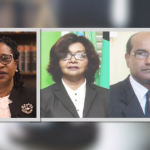
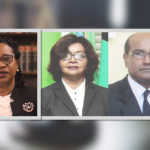
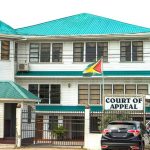


You must be logged in to post a comment Login